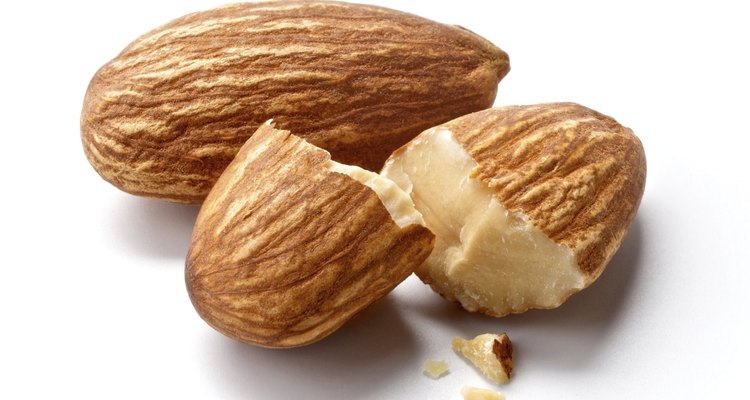
morningarage/iStock/Getty Images
Versatile and healthful, almonds are delicious eaten whole as snacks or as crunchy additions to breads, desserts, salads and cooked dishes. The U.S. Food and Drug Administration says that eating nuts as part of a healthful diet may lessen your chances of developing heart problems. Keep your almonds wholesome and fresh by storing them properly.
Considerations
Proper storage will reduce the chance of almonds becoming rancid or contaminated by bacteria or insects. According to the University of California Agriculture and Natural Resources, rancid almonds will not hurt you, but they have a bitter, unpleasant taste. Salmonella and other harmful bacteria sometimes contaminate improperly handled and stored almonds. Improper storage conditions also allow insects to infest almonds.
General Recommendations
Store almonds in a cool place with less than 65 percent relative humidity and protect them from sunlight. Keep them in tightly closed containers to prevent them from insect infestation and from absorbing unpleasant odors. Airtight containers are essential to keep moisture out and prevent mold for freezer storage.
Temperatures and Times
Store almonds in the shell up to eight months at an indoor temperature of 68 degrees Fahrenheit. Keep them for 12 months or longer at a refrigerator temperature of 40 degrees Fahrenheit or lower. Store shelled almonds about two months at room temperature or up to a year at 40 degrees Fahrenheit. Keep them safely for a year or more at a freezer temperature of 0 degrees Fahrenheit. Store slivered or sliced almonds in the freezer to maintain freshness because they do not keep as long as whole nuts.
Home-Grown Almonds
Home-grown almonds require special preparation before storage. Use strict sanitation when handling the almonds. Dry newly harvested almonds outdoors by scattering them in a single layer on top of a clean screen supported off the ground. Cover them with a second screen to prevent contamination. Put them in a covered area if it rains. Allow them to dry until the nuts are completely hard when you crack the shells. Freeze them for 48 hours at 0 degrees Fahrenheit to kill insects, if you plan on room-temperature storage.
Related Articles
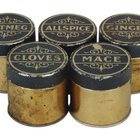
How to Make Sugared Almonds
Do Almonds Ever Go Bad?
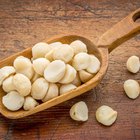
How to Keep Macadamia Nuts Fresh
Do Dry Roasted Pistachios Need to Be ...

How to Store Raw Peanuts

How to Grind Almonds for Baking
How to Toast Pistachios

How to Eat Hickory Nuts

How to Grind Almonds for Baking
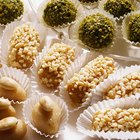
The Shelf Life of Almond Paste

The Best Method to Store Fresh Oysters
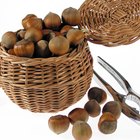
How to Eat Hazelnuts
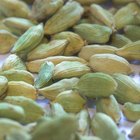
How to Remove a Cardamom Seed From a Pod

How to Blanch Cashews
How to Salt and Dry Pistachios

How to Store Apples

How to Make Powdered Eggs

How to Store Brussels Sprouts
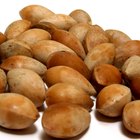
How to Cook With Ginkgo Nuts
How Long Before a Hard Boiled Egg Goes ...
References
Resources
Photo Credits
morningarage/iStock/Getty Images